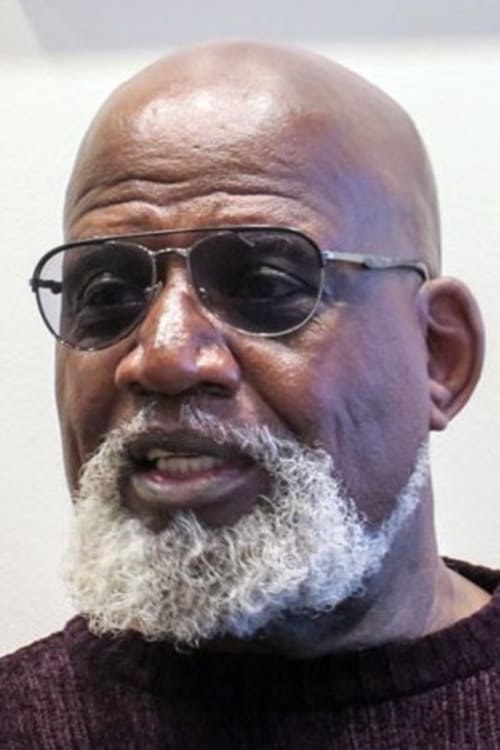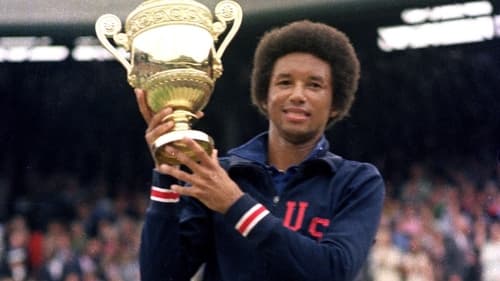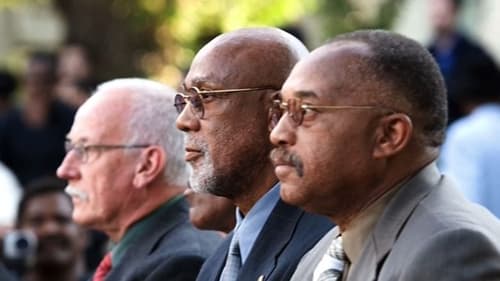Harry Edwards
출생 : 1942-11-22, East St. Louis, Illinois, USA
약력
Harry Edwards is an American sociologist and civil rights activist. He completed his Ph.D. at Cornell University and is Professor Emeritus of Sociology at the University of California, Berkeley. Edwards' career has focused on the experiences of African-American athletes.






